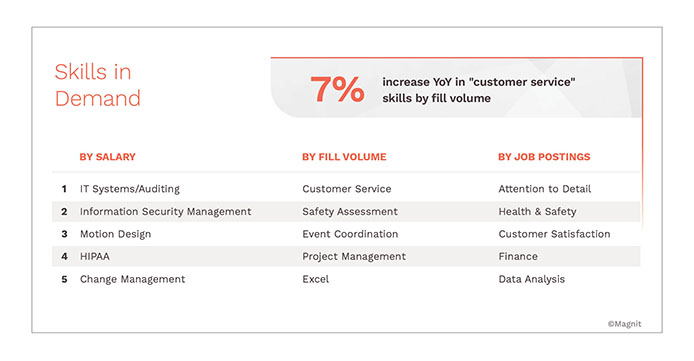Autumn/Winter 2024 UK Labour Market Report: Essential Insights and Trends to Watch
Dustin Burgess | November 8 2024

The UK macro environment in 2024 reflects a complex interplay of economic resilience and ongoing challenges. Despite a backdrop of global economic recovery, the region faces sluggish GDP growth, with projections indicating less than a 1% increase for the year. This slow growth is attributed to several factors, including the aftermath of Brexit, which continues to influence economic freedom and trade relations.
Inflation rates are gradually falling, easing some pressure on consumers, yet real wage levels remain a concern, having only recently returned to 2005 levels. Political landscapes have shifted, with a new Labour Party government aiming for the highest sustained growth in the G7, though achieving this goal seems ambitious amidst limited demographic growth and the need for significant capital and productivity enhancements.
The Bank of England's cautious monetary policy, with expected interest rate cuts, aims to stimulate growth, while the government faces the challenge of balancing fiscal policies amidst calls for both investment and austerity.
To help organizations better understand the current landscape, Magnit analyzed critical trends for our Autumn/Fall 2024 UK Labour Market Report, focusing on wage and demand trends, the worker skills landscape, regulatory changes, and more. Key takeaways include:
1. High-demand, specialized roles command top wages and are difficult to fill due to high competition and frequent job changes.
In particular, accountants, IT project managers and cybersecurity engineers are challenging to source and retain in a highly competitive landscape. Roughly half of accountants report being approached by recruiters quarterly, while IT project managers and cybersecurity engineers are changing jobs at a rate nearly double the norm.
These roles are likely to remain competitive, requiring strong retention strategies and attractive compensation packages.
2. In-demand skills include a mix of general and niche capabilities.
Attention to detail and customer service are on the rise, but so are motion design, HIPAA and Snowflake. Looking at the top 5 skills by fill volume, the largest drop was Excel, which fell 5% YoY. Also notable: “data analysis” is increasingly showing up on candidate CVs and profiles.
For businesses, training programs will be crucial to bridging skill gaps and ensuring organizational resilience. And to all you candidates out there looking for a new role, if you paid attention to the detail here, you’ll be ready to update your resume!

3. New Labour Party laws poised to make an impact.
The UK’s shifting regulatory environment is likely to influence hiring practices, with new labour laws impacting skill requirements and compliance. In particular, the Employment Rights Bill 2024 is significantly reshaping areas such as day-one rights, zero-hours contracts, flexible work and fire-and-rehire practices.
Some of these reforms may take some time to come into effect, but organizations should proactively assess current employment practices and conditions to understand how these changes will affect their internal and external workforces.
4. AI and onshoring are reshaping industries.
AI is driving significant job creation, particularly in the IT & telecommunications sector, which is expected to add hundreds of thousands of jobs over the next five years to support AI technologies. In the construction and manufacturing sectors, onshoring and nearshoring trends are changing workforce dynamics and reducing dependency on international supply chains – a trend that may extend to other industries as businesses seek to reduce global supply chain risks.
Looking Ahead
These are just a few of the factors that provide visibility and insights for employers seeking to navigate the changing landscape of the UK workforce. Over the next six to 12 months, Magnit anticipates economic uncertainty and political shifts will continue to influence recruitment dynamics. For more data and details on key workforce trends and related recommendations, get the full report now.
Disclaimer: The content in this blog post is for informational purposes only and cannot be construed as specific legal advice or as a substitute for legal advice. The blog post reflects the opinion of Magnit and is not to be construed as legal solutions and positions. Contact an attorney for specific advice and guidance for specific issues or questions.
